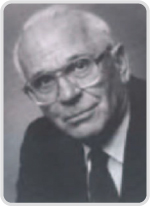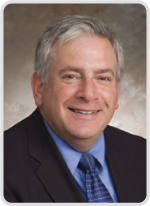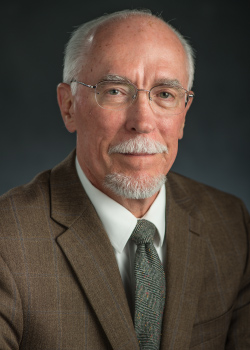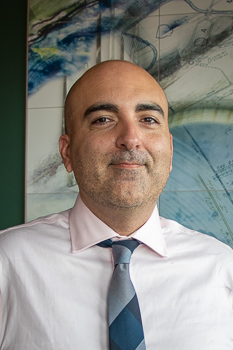Center History


Founding
Andrew Hunt
With support of a grant from the National Endowment for the Humanities, in 1977 the Medical Humanities Program hired several new faculty members who developed required ethics curricula in the Colleges of Human Medicine, Osteopathic Medicine, Nursing, and Veterinary Medicine. Supported at the time by six different colleges, the program had the additional advantage of functioning as a cross-university resource with an interdisciplinary approach.
Read an interview with Dr. Hunt about the formation of the Medical Humanities Program.

1985-2000
Howard Brody
When Dr. Hunt retired in 1985, Howard Brody, MD, PhD, assumed the helm. In 1988 the program was granted "Center" status, and renamed the Center for Ethics and Humanities in the Life Sciences (CEHLS) to mark its involvement in disciplines beyond biomedicine.
Under Dr. Brody’s 15-year guidance, CEHLS expanded its identity, its faculty, and its scope. The Center’s mission statement opens with the words, "committed to supporting reflective practice in health care and in science, by bringing to these fields the resources of ethics and humanities."
The discipline of medical ethics and humanities evolved from those seminal ethical issues associated with the doctor-patient relationship, life-extending technologies, and the ethical treatment of human subjects to include micro/macro level social policy questions such as: What economic issues most affect health care? How can physicians best deliver health care in a pluralistic society? How can physicians contain costs while preserving a trusting relationship with their patients? And legal questions as well: Who should make medical decisions for minors? What should be the relationship between industry and medicine? Notably, issues that had the appearance of exotic science fiction in the 1970s, such as cloning, and mapping the human genome, are today’s twenty-first century realities. These and other developments in medicine and health introduce ever-more challenging questions for bioethics consideration.

2000-2018
Tom Tomlinson
In 2000, Tom Tomlinson, PhD, became the Center’s Director. He served as Director until August 2018 and retired in May 2019. Under his guidance the Center’s core faculty members directed their ongoing attention to understanding varied aspects of the human condition including chronic illness, birthing, aging, disability, international research ethics, spirituality, and neuroethics, to name only a few.
Reaching beyond the Center’s walls became one of Dr. Tomlinson’s overarching goals as Director. Under his leadership, the Center began developing international partners, resulting first in an NIH Fogarty Research Institute Research Ethics Training Grant, and since drawing in partners from Costa Rica, South Korea, China, Canada, and Europe.
A growing web of connections within MSU has enhanced the Center’s research and scholarship, with the Center linked in a variety of ways with clinical departments, epidemiology and public health, Translational Science and Molecular Medicine, the Institute for Quantitative Health Science and Engineering, the Neuroscience Program, and the departments of Sociology, Philosophy, and Communication.
Linkages beyond MSU were also vital to the Center’s success. These included research collaborations with a variety of faculty at the University of Michigan and Spectrum Health. Under Dr. Tomlinson’s leadership, the Center also developed clinical ethics services to assist ethics committees at Sparrow Health System, McLaren-Lansing, and elsewhere in Michigan and the region.

2018-Present
Center Professor Leonard Fleck, PhD, who has been with the unit since 1985, served as acting director from 2018-2020.
The Center welcomed Director Sean A. Valles, PhD, in January 2021. As a philosopher of health, Dr. Valles specializes in the ethical and evidentiary complexities of how social contexts combine to create patterns of inequitable health disparities. Together with Associate Director of Academic Programming Dr. Karen Kelly-Blake, Dr. Valles will lead the Center toward a new health justice and equity mission – learn more in a joint statement from Drs. Valles and Kelly-Blake.
